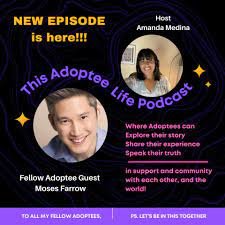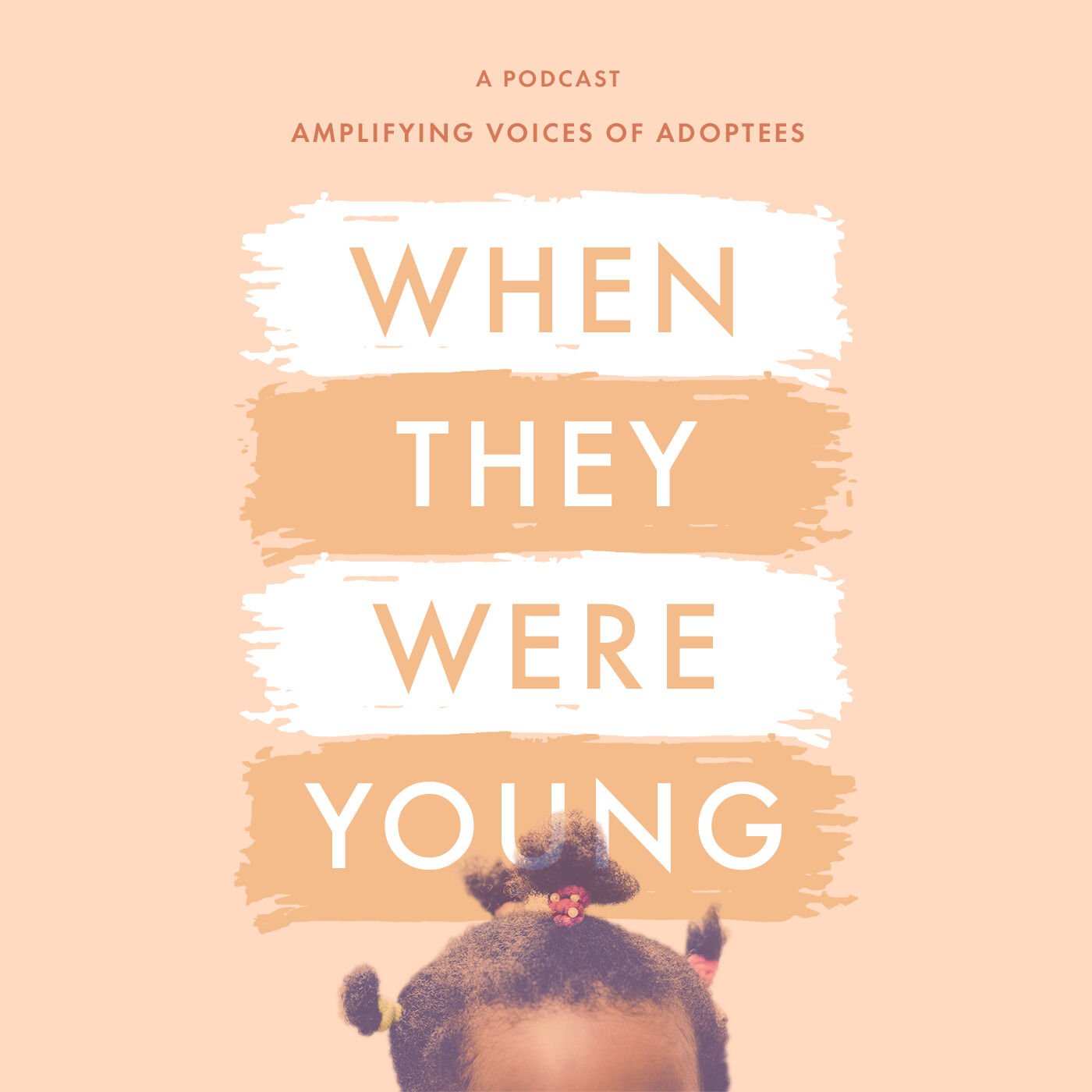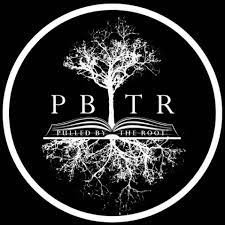WHY ADOPTION TRAUMA EDUCATION IS IMPORTANT
“Modern” adoption has been conducted for centuries around the world. Phrases like “best interest of the child” and “being given a better life” have been used as the building blocks to what has become a robust industry. Adoption itself focuses on the celebrated act of saving children from dire situations, such as poverty, neglect, and crime. However, more attention is needed on what happens before the adoption process begins. The subtle, yet overt coercion women experience when they find out they are pregnant is now undeniable in the face of government-sanctioned investigations. The neuroscience of attachment and the changes in hormonal and biochemistry once it is decided the newborn will be adopted sheds light on the fear of abandonment and reject felt by the child. The adoption practices that solicit and recruit those choosing to adopt, often relying on their fantasies of having a “forever family” have led countries to halt adoption programs and issue apologies for the abuses and corruption. All of this and more sits in the backdrop of what results in Adoption Trauma for all who enter the adoption system.
Available in English, Spanish & Korean
Available in English
WHAT IS ADOPTION TRAUMA?
The adoption experience is multi-layered often revealing a number of underlying traumas. Starting with the loss of biological roots, separation from mother, there is a cascade effect of traumatic losses from family, ancestry, native community, culture, race, land, country, and many other factors that define and shape one’s identity. It is important to note that not all adoptions carry all of these traumatic experiences, but all adoptions happen due to a loss.
So, what makes it a trauma?
According to SAMSHA and the Trauma-Informed Care Implementation Resource Center, trauma occurs as a result of "an event, series of events, or set of circumstances that is experienced by an individual as physically or emotionally harmful or life threatening and that has lasting adverse effects on the individual’s functioning and mental, physical, social, emotional, or spiritual well-being."
A Closer Look
When we apply this definition to the adoption experience, we can see how the set of events can be viewed as both physically and emotionally harmful. Adoption is perceived then as a life-threatening experience to the infant as they are biologically separated from their mother. It is important to understand that the moment the mother is influenced in any way towards adoption, her biochemistry changes and transforms what was meant to be a nourishing environment for the unborn baby into one that is not. As the mother hears the messages to get rid of it, give it up for adoption, instilling the shame, guilt and pressure to “do the right thing” all translates to the rejection her child experiences. Given that all forms of adoption start with the loss of this biological connection, the child’s brain perceives this loss as a life threatening event. But Adoption Trauma is experienced by the mothers and those wanting to adopt as well. Paul Sunderland and Sara-Jayne King explain it on CapeTalk
A Difference of Perspective
Adoption Trauma is experienced by those who become involved in the adoption process, which includes trafficking and kidnapping practices, falsifying identities, documents and other forms of deception, as well as coercion and recruitment strategies of mothers and carers. When we understand that adoption is a global phenomenon and has been inherent in human history, cutting across all layers of society, widely accepted as a way of creating new families, we must then acknowledge how we have been conditioned to see adoption in this way. It has been separated from the other forms of human trafficking for example. Mothers are recruited and indoctrinated into the belief that they are doing the right thing for their own and their baby’s best interest. The mothers therefore endure their own experience of losing their child. This has created generations of mothers who live with this trauma. There are layers of stigma, shame and guilt that exacerbate this trauma.
For many people, couples, families who want to “do the right thing” and adopt, they have experienced their own loss as well. Whether it was a loss of a parent, their own childhood, a miscarriage, unsuccessful fertility trials, disrupted adoptions (when the mother chooses to keep her baby). It is important to acknowledge that there are also those who simply want to have baby, a child, a family without any history of trauma or loss of their own. The challenge then becomes about maintaining the picture of the “forever family” and how to navigate the fears, anxieties, secrets, lies and eventuality of the truth. The question becomes “would you rather live a happy life based on lies, or with the truth that may end in estrangement?” From whatever perspective we come from, we must face Adoption Trauma eventually.
*If you or someone you know is experiencing a crisis, please call your local emergency services or contact one of these emergency resources.
*Take the PTSD Self-Screen and get help today.
ADOPTION TRAUMA TIPS
-

SAFETY
Safety is perhaps the most important goal in managing Adoption Trauma. Survivors often say they don’t trust themselves. Developing a sense of safety within first helps them reconnect and reintegrate their sense of self.
-

COMMUNITY
People are inherently social beings. Growth and success occur in relationship with one’s environment. Building a strong support system is critical to long-lasting management of the trauma we experience.
-

RESOURCES
The constant threat of human rights violations, lack of citizenship, and protections against exploitation and commodification have led to valuable resources to help connect and support those impacted by adoption.
LET’S GET STARTED
I AM HERE TO EDUCATE
I love seeing the transformation when my clients begin to build their self-awareness and start managing their trauma. Invigorating the curiosity and exploration into oneself is exciting and existential. From children to adults, I’m always honored to be on this journey together offering all that I have to be here for you.

EDUCATING COMMUNITIES
Connection with others saves lives. As we become more trauma-aware and informed, we must include the trauma(s) that come with adoption. But even before we can implement adoption trauma assessments, systems of care and other supports, we must challenge our own beliefs, assumptions and biases towards adoption. For those directly caring for adopted people, it’s essential to address your own unresolved trauma(s), attachment styles and relationship patterns. It’s hard work, but you're not alone.














